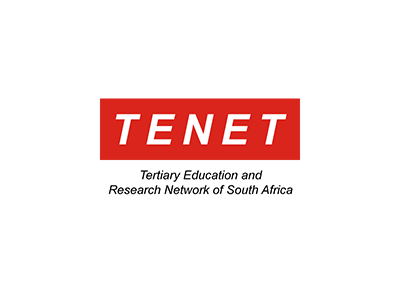
Blended learning on the rise in South Africa
The boost for e-learning initiated by the COVID pandemic has given birth to a new trend for education in South Africa. While students have returned to lecture halls, educators keep the digital momentum going in new blended formats.
“Because of COVID-19 we went from face-to-face teaching and learning to online practically overnight. These were emergency measures, but the value of the experience was that so many of us had to learn how to use the digital tools available to us to change the way we teach, and to change the way we interact with our students,“ says Dr. Paula Barnard-Ashton, Assistant Dean for Teaching and Learning at the University of Witwatersrand’s (Wits) Faculty of Health Sciences.
Blended learning strives to pull together the best of face-to-face and online learning. The goal is to provide an interactive learning experience. To advocate for blending learning, Barnard-Ashton produces a weekly podcast, the BlendEDBeat Coffee Grab, and has a YouTube channel providing informative videos on blended learning techniques.
Professor Shabir Madhi, Dean of the Faculty of Health Sciences and Professor of vaccinology, and one of the guests on Barnard-Ashton’s show, comments:
“We are living in a world that is changing exponentially, just since the end of last year we have seen what incredible changes ChatGPT and artificial intelligence can bring. We are seeing fundamental changes in terms of how knowledge is being delivered, and we must ask ourselves, are we using the best tools available to us when it comes to teaching our students?”
Bridging the digital divide
Besides the interactive digital learning experience, the concept of blended learning has a very practical aspect, explains Professor Diane Grayson, Senior Director of Academic Affairs at Wits:
“There are a lot of students who have to make the decision, will I eat today, or will I pay for transport to get to campus. Asking students to come to campus every day, sometimes just for a few hours, is really not very fair.”
The idea is to bring students together when they need to be. Students may be able to stream a 40-minute lecture from home, but only need to come onto campus for more interactive work.
“There is value in bringing students together into the same space to interact, collaborate and bounce ideas off each other,” says Grayson.
Access to the internet is a stumbling block for many South African students for blended and online learning. But eduroam, the secure world-wide roaming Internet access service developed specifically for the research and education community, has a huge potential to bridge this digital divide.
“eduroam has a very open model, any Internet service provider who wants to, can become an eduroam service provider,” says Guy Halse, head of Trust and Identity at TENET, the national research and education network (NREN) of South Africa, adding:
“TENET will happily support anyone who is interested in providing eduroam.”
Eduroam is currently available at several airports in South Africa and at all public libraries in the City of Cape Town and a community center in Makhanda.
Eduroam as a potential gamechanger
Efforts are continually underway by universities and TENET to work with as many partners as possible to expand the eduroam footprint.
“While eduroam may not reach the students in their homes, our learning management systems allow students to download many course activities and resources for “off-line” engagement, so students can potentially visit a local library, community center or shopping mall to work there or download what they need to finish in their own time,” says Barnard-Ashton, summing up:
“Reliance on mobile service providers is a risk to the quality of learning materials a student can access as many areas are underserviced. Eduroam access in the proximity of the students’ homes is a gamechanger for quality blended learning.”
The text is inspired by the article “Blended learning: the changing face of teaching in the digital age” at the TENET website.
For more information please contact our contributor(s):

